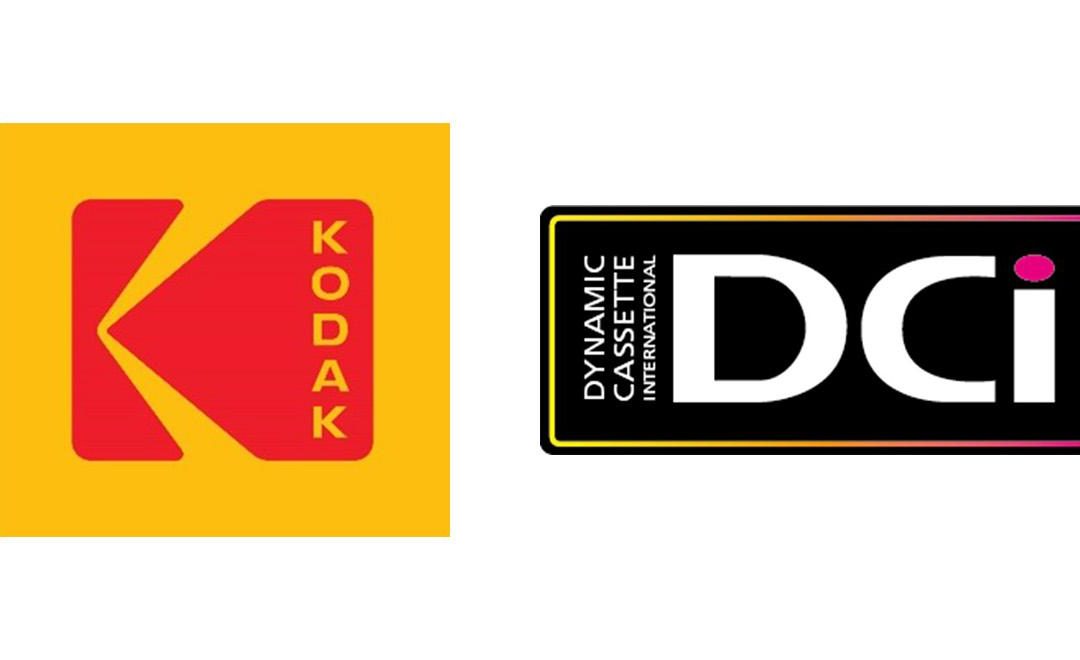 The Court Justice of the European Union (CJEU) has found Amazon not liable for the storage of counterfeit products in its judgement in the Coty Germany case.
The Court Justice of the European Union (CJEU) has found Amazon not liable for the storage of counterfeit products in its judgement in the Coty Germany case.
In the case which originally started back in 2014 the CJEU sided with the original Attorney General’s opinion. World Trademark Review published its review of the court’s decision saying that “while the decision could be seen as a blow to the fight against fakes, Amazon responded by pledging to ‘drive counterfeits to zero’ on its platforms.”
The case involved the potential responsibility under the “Fulfilled by Amazon” action. In fulfilling the purchase was Amazon responsible for the trademark infringement when storing and selling counterfeit products for a third party, that Coty alleged, even if Amazon was “unaware” of the products infringe the trademark.
World Trademark Review explained that the “judgement concedes that, in order for there to be an infringement of rights, the company (in this case, Amazon) “must pursue, like the seller, the aim of offering the goods for sale or putting them on the market”. Therefore, in this case, “the two Amazon companies concerned have not themselves offered the goods for sale or put them on the market and that the third-party seller alone pursued that aim”.”
According to the World Trademark Review “the decision appears to clarify the scope of responsibility for online marketplaces when it comes to the sale, or storage, of counterfeit goods. The opinion of Coty, and the view of other major brands (especially in the luxury fashion space), is that online platforms like Amazon and eBay should be held liable for fake goods they are warehousing and delivering. However, today’s decision suggests that the argument – at least in the EU – will not hold up.”
Amazon in response to the judgement, commented to World Trademark Review that it will ramp up its fight against counterfeit goods on its platform.








